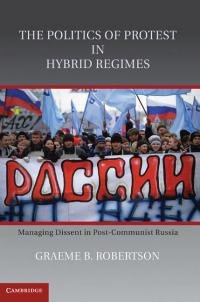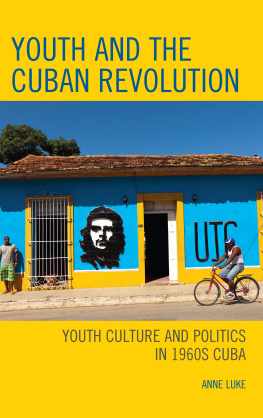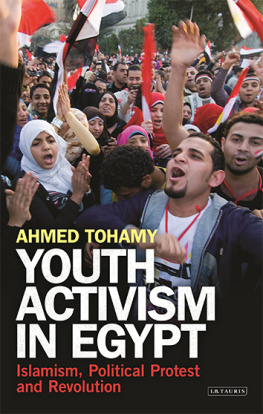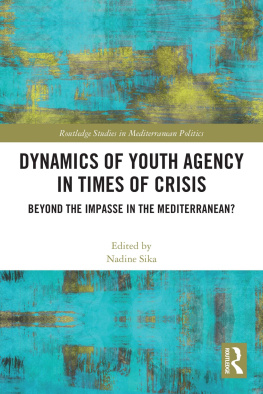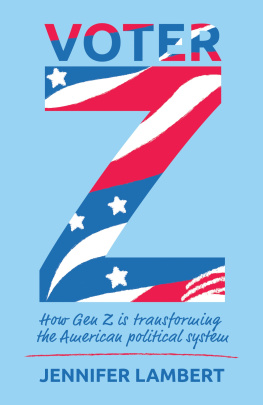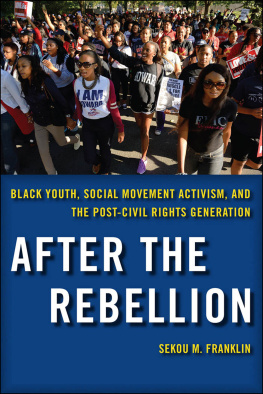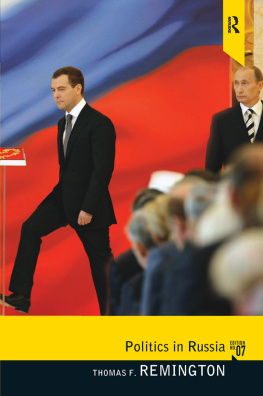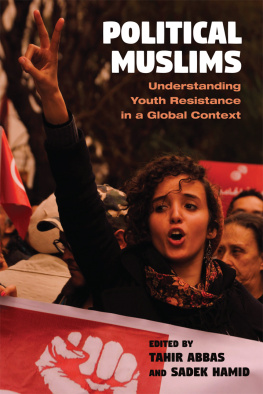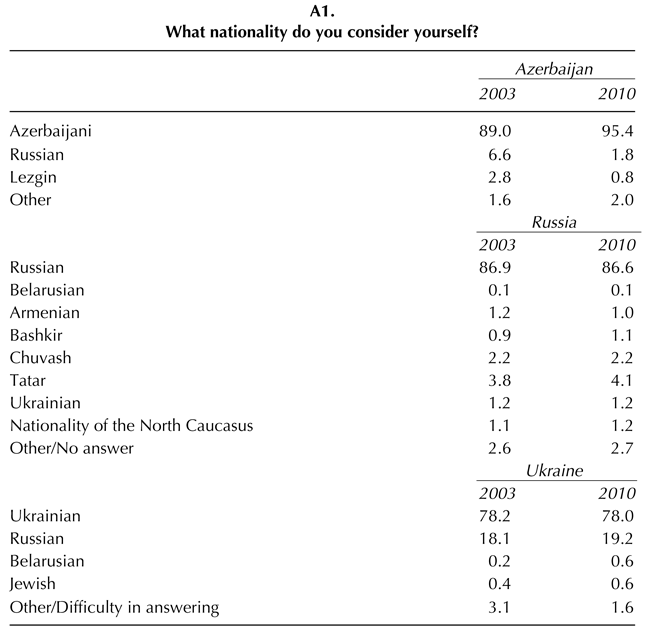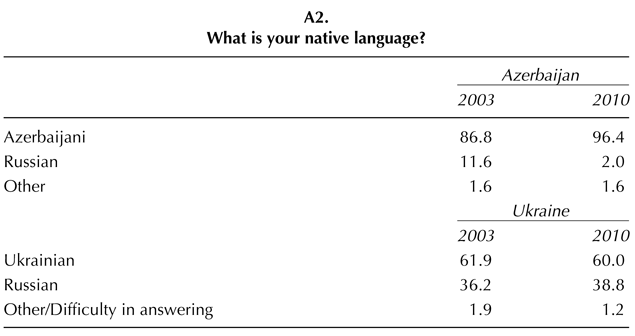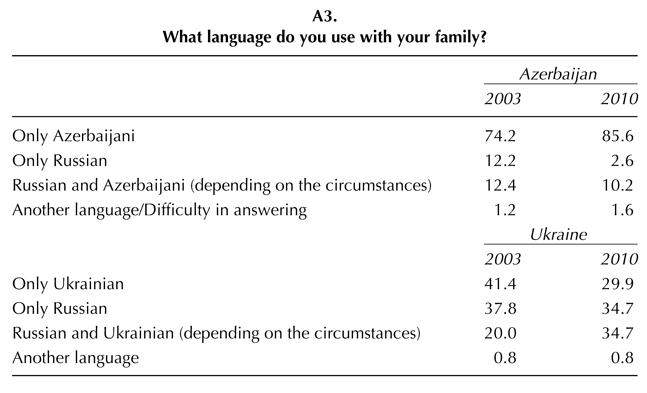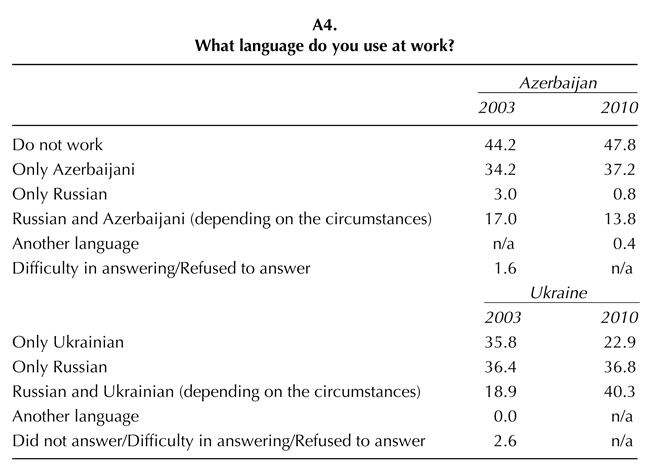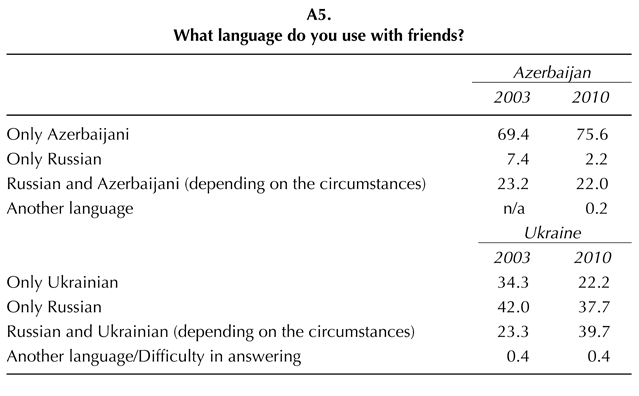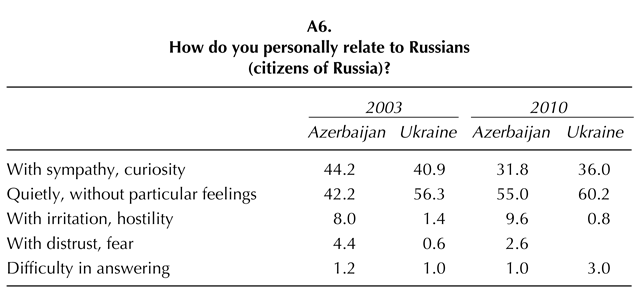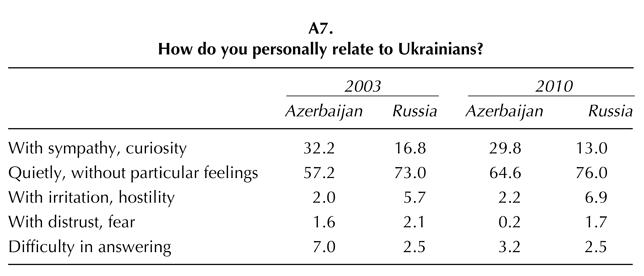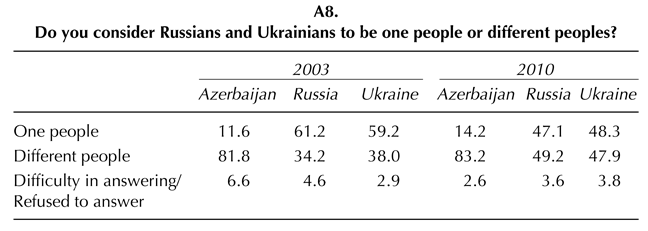About the Author

Nadia Diuk is a long-time resident of Washington, DC, where she now serves as vice president for programs in Europe, Eurasia, Africa, and Latin America and the Caribbean at the National Endowment for Democracy (NED). She has been with the NED for over twenty years, starting her career there as program officer for Eastern Europe and the Soviet Union. She worked on providing assistance to dissidents and underground activists leading up to the Eastern European revolutions of 1989 and reached out to the national democratic movements of the Soviet Union in its final days as it disintegrated in order to provide support for democratic activities and to strengthen the values of freedom and democracy. She has travelled extensively in the former Soviet Union and has cultivated a broad network of contacts among the civic activists in this region over the years. Dr. Diuk is the coauthor of two books, The Hidden Nations and New Nations Rising, which focus on the emerging nations of the former Soviet Union.
Born and raised in the United Kingdom, Dr. Diuk gained a BA (hons.) in modern history at the University of Sussex and gained a masters degree in Russian and Eastern European studies and a doctorate in history at St. Antonys College, University of Oxford.
Acknowledgments
I t seems like a generation has passed since I first started thinking about and researching this book. In all of that time scores of people have contributed their thoughts and assistance, too many to mention all by name, but here are some without whom I could not have completed the project.
Many thanks to the Smith-Richardson Foundation and to Nadia Schadlow, who shepherded the project through the first phase and stuck with it even when it looked like a publication might never see the light of day. I appreciate the help from my sister Hanya Dezyk, who first suggested public opinion polling as a way to get to the heart of what the younger generation believed, and who gave valuable advice throughout the project.
In Russia, I was lucky to have been able to discuss the project at length with the late Yuri Levada and to invite him to Kyiv to participate in a conference about youth in Azerbaijan, Russia, and Ukraine held in 2003. Special thanks to Natalia Zorkaya, Elizaveta Duke, Aleksandr Levinson, and all the members of the Levada Center who helped out. I am grateful for both moral support and help from Ludmilla Alexseyeva, Daniel Meshcheryakov, Elena Topoleva-Soldunova, Lyubov Gribanova, Lena Nemirovskaya, and many others.
In Azerbaijan, I would like to thank Rufat Garagezli, who was tremendously helpful during my visits and possesses a deep knowledge of Azerbaijani music, and also Hikmet Hadjy-zade for his sharp analysis and enthusiasm for the project. Thanks too to the many younger and older friends who spent countless hours in discussions to help me understand life and politics in Azerbaijanthey know who they are.
Numerous individuals and organizations contributed help and advice on Ukraine over the years, especially Yulia Tyshchenko, Inna Pidluska, Luba Shara, Myroslava Gongadze, Osyp Zinkevych, and the staff at Smoloskyp, the Razumkov Center, Kyiv Institute for Sociology, and the Ukrainian Center for Independent Political Research. The Democratic Initiatives Foundation (now named after Ilko Kucheriv) took on an organizing role as a partner in the project, and Iryna Bekeshkina deserves special credit for checking through all of the polling figures and for insights into the subject that have been invaluable. I could not have completed the final phase without her.
My friends and colleagues at the National Endowment for Democracy (NED) provided a congenial intellectual home and workplace as I tried to balance the demands of my day job with the need to focus on writing the book. The NED has provided me with a front-row seat over the years to observe and assess the dynamism of youth as nongovernmental actors in various countries around the world. I feel privileged to work there. The junior staff at the NED gave guidance on aspects of youth culture in the Eurasia region that I would not have been aware ofthanks to Patrick Walsh, Bryan Terrill, and especially Eliza Pickering. Special thanks also to Melana Vickers, who helped get things onto the right track toward the end.
A book about generations should look not only to future generations, but also be aware of those who have passed. Sadly, several of the people who gave their support and help passed before the book was finished: I was honored to have received the help of Yuri Levada. Penn Kemble, whose office provided administrative help in the first phase, was an enthusiastic supporter of the topic and very interested in the next generation in general. Ilko Kucheriv of the Democratic Initiatives Foundation was perhaps my greatest allyhe helped to envision and plan a series of roundtables and conferences on the subject, ensured that polling took place, and persuaded numerous individuals and organizations to cooperate in the venture.
Last but not least, my father, Petro Diuk, was my biggest fan and most devoted critic. His wise counsel, perceptive insights, and moral support will never be forgotten. And so, on to the next generationI dedicate this book to his grandchildren, Larissa and Stefan.
Appendix: 2003 and 2010 Youth Surveys Conducted in Azerbaijan, Russia, and Ukraine
A blank space in a table indicates that the category exists in the survey but no particular figure was filled in for the country. The term n/a in a space means the question/answer was not included in the survey. A zero in a space indicates the value given for that question (as opposed to the space simply being blank).
Section A: Language


